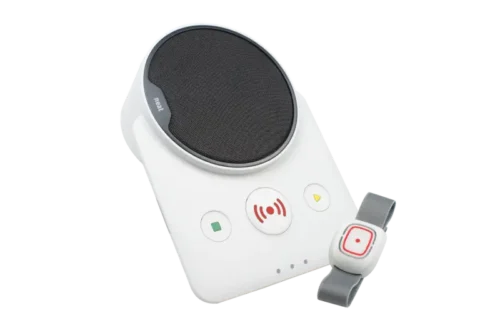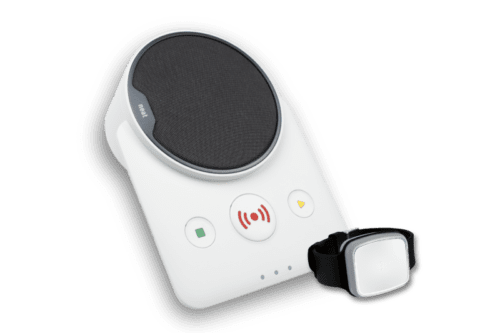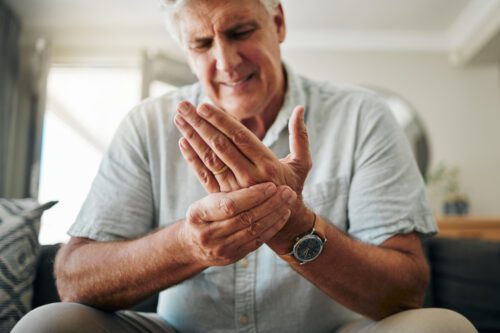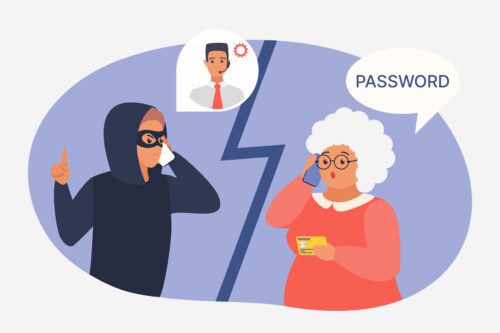Media reports over this Easter weekend highlighted a sad story regarding Mrs Sheila Secker, aged 78 who sadly died after unsuccessfully trying to raise an alarm using her Pay As You Go mobile phone after a fall. Unfortunately, Vodafone had disconnected the phone due to the phone being dormant for a period of 90 days. This is despite Mrs Secker topping up her mobile credit account. Many families may consider providing a Pay As You Go mobile phone for an elderly relative in order for them to call someone in an emergency. Whilst a PAYG mobile may be an excellent idea if your relative is active and spends a lot of time out and about, it may not be the best solution if they spend the majority of time at home. Here we list 5 reasons why installing a personal alarm is the best way to help elderly relatives stay safe at home.
No Need to Top Up
The main issue with Mrs Secker relates to the amount of time her phone had remained unused. Service Providers reserve the right to recycle mobile phones and will generally disconnect them if they have been idle for more than 180 days. Phones that are disconnected also lose any unused calling credit and the user may not even know this has happened until they go to use it. If it’s an emergency, as in the case of Mrs Secker the consequences could be disastrous. Even if the phone is active yet has no calling credit, a user will not be able to call their relatives in an emergency. A personal alarm requires no topping up as it’s connected directly to the home phone line. As long as payments are kept up-to-date on the phone line then the personal alarm will always work.
No Charging Required
A phone needs to be charged regularly in order to be used. Providing a phone to an elderly relative will mean they will need to remember to charge the phone. If its there mainly for emergencies this may well get forgotten. Once again in an emergency, if the battery is flat the phone will be useless. A personal alarm is plugged into the mains so it will always work. It even has a backup battery, so if there is a power failure at home the careline alarm will continue to work. Careline alarms will also provide an audible alert if there is a power cut.
Easily Found
Its only natural when owning a mobile phone to put it down somewhere at home. In the panic of an emergency, a user may not be able to remember where it is or get to it easily, especially after a fall. A personal alarm has a fixed location near the home phone line socket. The alarm is also supplied with a wireless pendant that can be worn on the wrist or around the neck. Users can summon emergency help by pressing either the pendant or the button on the main base unit.
Waterproof
The vast majority of mobile phones are not waterproof, so cannot be taken into the bath or shower. Many falls occur in the bathroom, which would render a phone useless in an emergency. A personal alarm pendant is waterproof. It can be worn in the bath or shower and so emergency help can be summoned if someone falls in the bathroom. With almost 80% of falls occurring in the bathroom, this should be a major consideration.
24/7 Help
Even if a phone is charged and can make outgoing calls it still may not be possible to contact relatives. They may have their phones switched off or on silent or be out of coverage themselves. A personal alarm is permanently connected to a 24/7 monitoring centre. Fully trained staff are on hand to take emergency calls from pendant users any time of the day. The care team at Telecare24 answer each emergency call within 5 seconds*.
* Based on using our Digital Pendant and Fall Alarm plans when connected using an ethernet cable.









